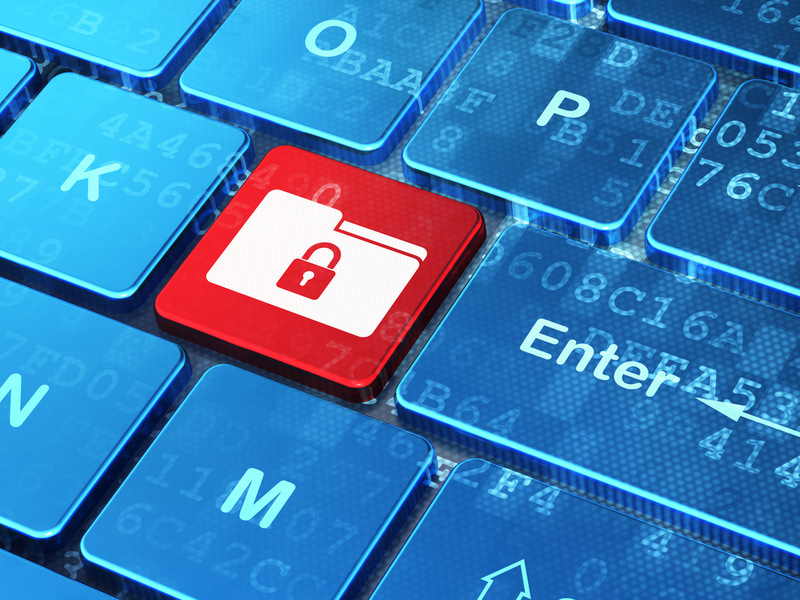Protecting Data
Simpler, stronger authentication
As the digital storehouse of sensitive data grows, the quest for secure authentication continues. Heartbleed jarred many of us. Data on our most popular (and presumably better protected) sites was exposed and, in some cases, compromised. The introduction of biometrics was a step in the right direction but Heartbleed reminded us that biometrics only protect […]

